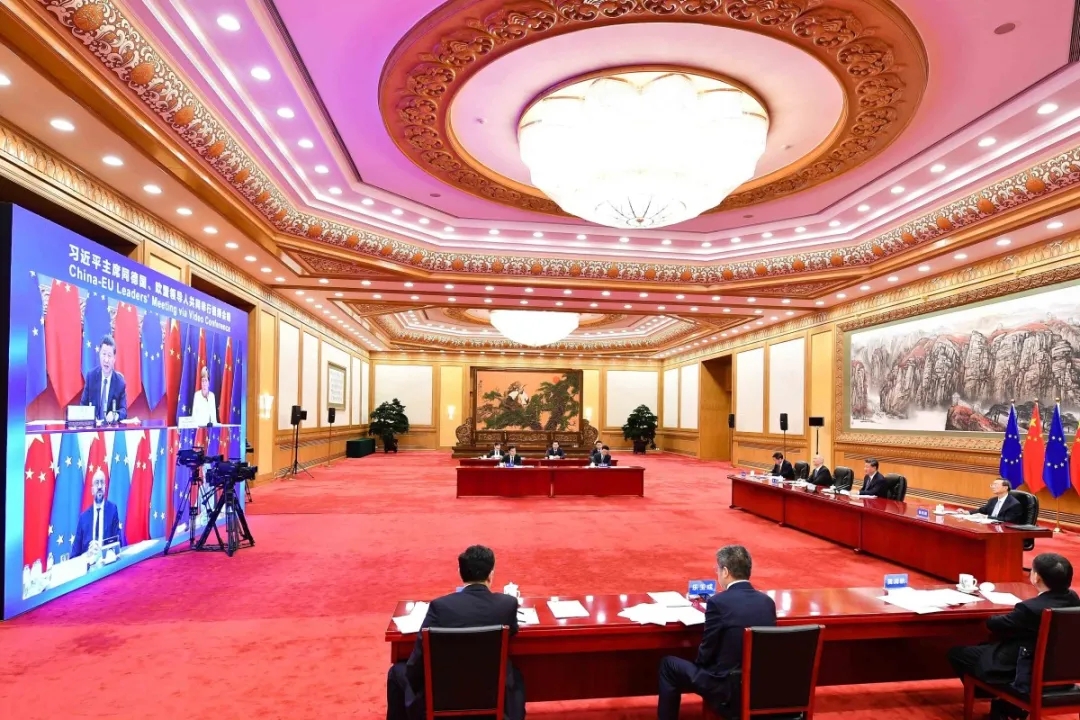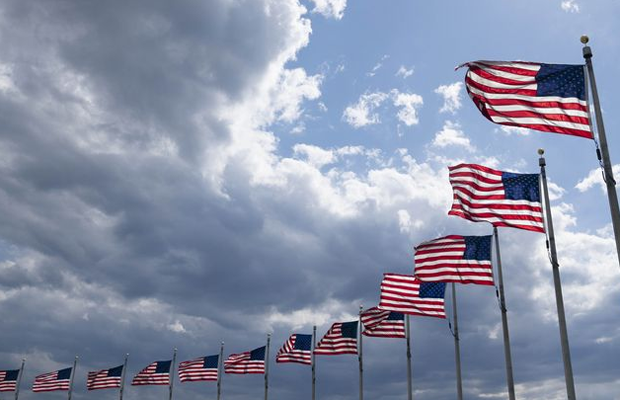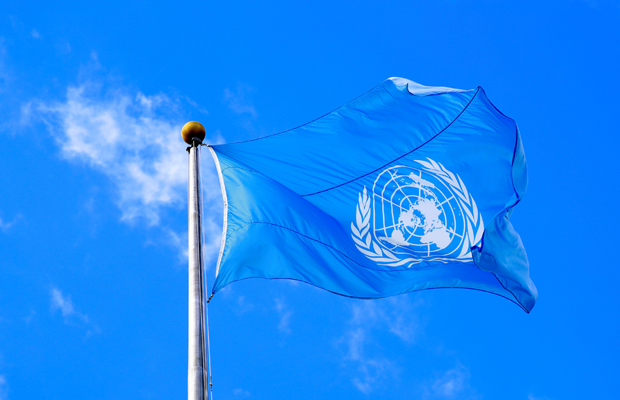CCG advocates the development of talent mobility. Committed to study of the globalization of talent, CCG conducts major research projects, organizes events, publishes books and research reports in the fields of international talent, international migration, overseas Chinese, and the situation of talent studying abroad and returning to China.
Impact on Policymaking Based on solid empirical research results, CCG proposes a series of policy recommendations to improve China's talent development and immigration system, and plays an active role in promoting major policies, such as the establishment of the National Immigration Administration.
CCG has published a series of Blue Books such as the Blue Book of Global Talent: Annual Report on the Development of Chinese Students Studying Abroad, Blue Book of Global Talent: Annual Report on Chinese International Migration, Blue Book of Regional Talent: Report on China’s Regional International Talent Competitiveness, and the IOM World Migration Report, as well as a series of English books with Springer, including China’s Domestic and International Migration Development, filling the gap in the field of international talent research in China.
CCG has established brand forums such as the China Talent 50 Forum and the Global Education 50 People Forum, and has hosted the China Overseas Returnees Innovation and Entrepreneurship Forum for many years.
CCG's initiative of establishing the Alliance of Global Talent Organizations is supported by relevant national ministries and the Beijing municipal government. CCG’s proposal was selected to participate in the first Paris Peace Forum and CCG held an event on the Alliance of Global Talent Organizations titled “Brain Drain: Making Better Use of the World’s Talent” at the second Paris Peace Forum.
-

Wang Huiyao: China, a land of opportunity for EU firms willing to adapt
Talks on the China-EU investment agreement have entered a critical phase. While sticking points remain, last week’s virtual summit between Chinese and European leaders raised hopes of a deal this year. President Xi Jinping said talks should be expedited and German Chancellor Angela Merkel noted that the “political will is there on both sides”.
September 24 , 2020 -

Wang Huiyao: Firms ‘going global’ should fully utilize joint ventures
The 2020 Bluebook Report on Chinese Enterprise Globalization shows how, amid a complex international situation, overall global investment of Chinese multinational corporations has developed steadily, accounting for a continuously rising share of global foreign investment stock.
September 23 , 2020 -

Harvey Dzodin: United we stand, divided we fall
September 20 , 2020 -

Zamir Ahmed Awan: China contributing more and more to UN
The United Nations General Assembly opens its 75th session on Tuesday. It is a routine annual activity, where all UN member countries speak, discuss, and debate arious issues. Different nations bring issues and concerns into the knowledge of other nations and express their point of view. It is an excellent platform to highlight some of the problems ignored, and the consensus is built to resolve some of them.
September 15 , 2020 -

Wang Huiyao: U.S. and China Should Seek a Truce in Tech Cold War
It would be easy to dismiss the Trump administration’s campaign against Chinese apps TikTok and WeChat as part of an election strategy to attack China from all angles. The moves, however, as well as China’s counter-response, are contributing to a deeper problem at the heart of the global economy — one that can’t be resolved unless the world’s two biggest economies work together.
September 02 , 2020


